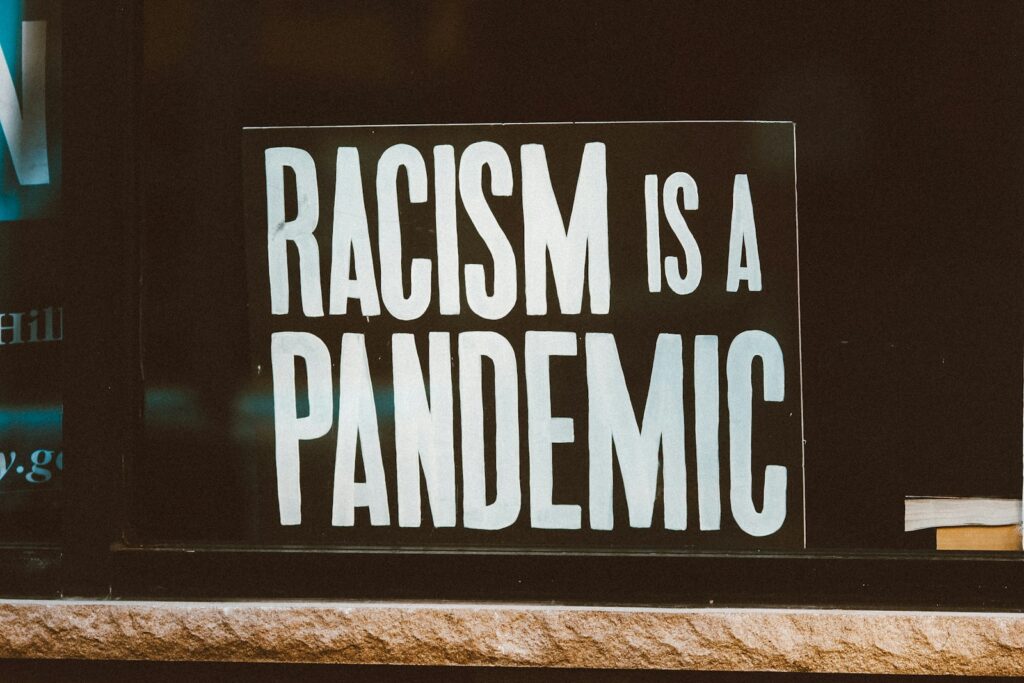Addressing healthcare staff inequalities is marred by a culture of racism embedded in the NHS, finds new research from King’s College London.
The study, published in Sociology of Health & Illness, explores inequalities and discrimination experiences in healthcare settings and examines London-based NHS staff’s workplace experiences of racism, bullying and harassment, and experiences of career progression.
Previous research completed by student and qualified nurses, midwives and healthcare assistants reported high levels of experiencing and witnessing discrimination and bullying.
First author Dr Charlotte Woodhead from KCL’s Institute of Psychiatry, Psychology and Neuroscience (IoPPN) said: ‘What we found was the very inequalities we were trying to tackle were being hampered by the culture which sustains such inequalities. Everyday experiences of bullying, harassment and discrimination means that in London there is a culture of high diversity but low inclusion for racial and ethnic minority healthcare staff.’
Analysis of in-depth interviews conducted between January 2019 and February 2020 found:
- The NHS is a hierarchical and pressurised working environment, with everyday interactions between staff maintaining NHS workforce inequalities experienced by ethnic and racial minoritized groups and migrant staff groups.
- These groups are more vulnerable to workplace discrimination because they are over-represented at lower levels of the hierarchy, and because of stereotypes and prejudicial views held by colleagues and managers.
- Within teams, staff who differed from colleagues in terms of race, ethnicity, migration, language or religion often did not feel included or valued because of bullying and micro-aggressions.
- Racial and ethnic minority staff reported having to work harder to climb the career ladder, feeling resigned to and tired of being unfairly treated. To cope, they reported strategies such as maintaining closer working relationships with those from similar backgrounds, moving teams or leaving the organisation altogether.
- This in turn perpetuated inequalities by affecting people’s ability and willingness to report and challenge experiences of discrimination, inhibiting career progression and reducing their satisfaction with work.
Professor Stephani Hatch, Senior Author and Principle Investigator of The Tackling Inequalities and Discrimination Experiences in health Services (TIDES) study team, said: ‘The NHS workforce is currently more diverse than at any point in its history. Initiatives to address the inequities experienced by racially and ethnically minoritised and migrant NHS staff must honestly reflect on how organisational culture and norms prevent change. Interventions focused solely on those affected by inequities may have limited impact; we need open eyes as to how the power dynamics inherent in everyday interactions between staff within and across hierarchical levels serve to maintain the status quo.’
Photo by Piron Guillaume

















Leave a Reply